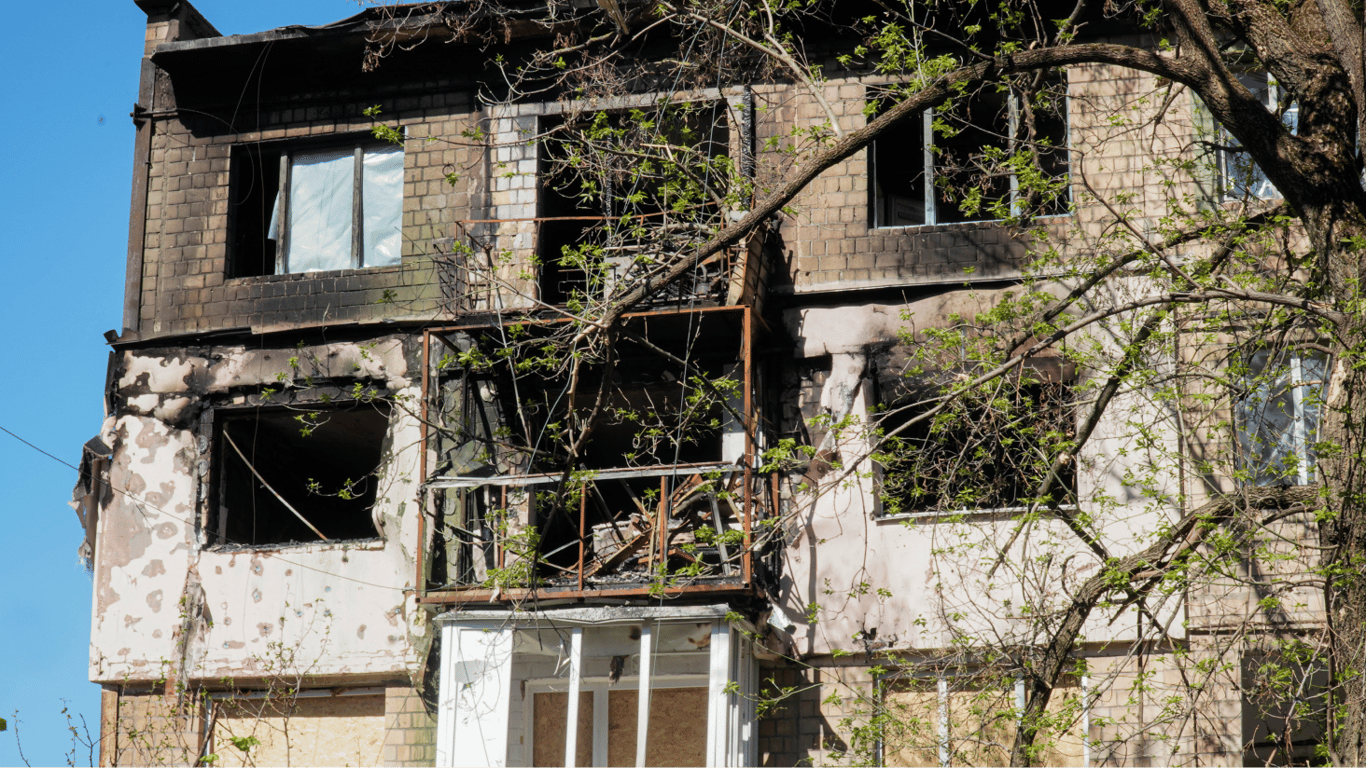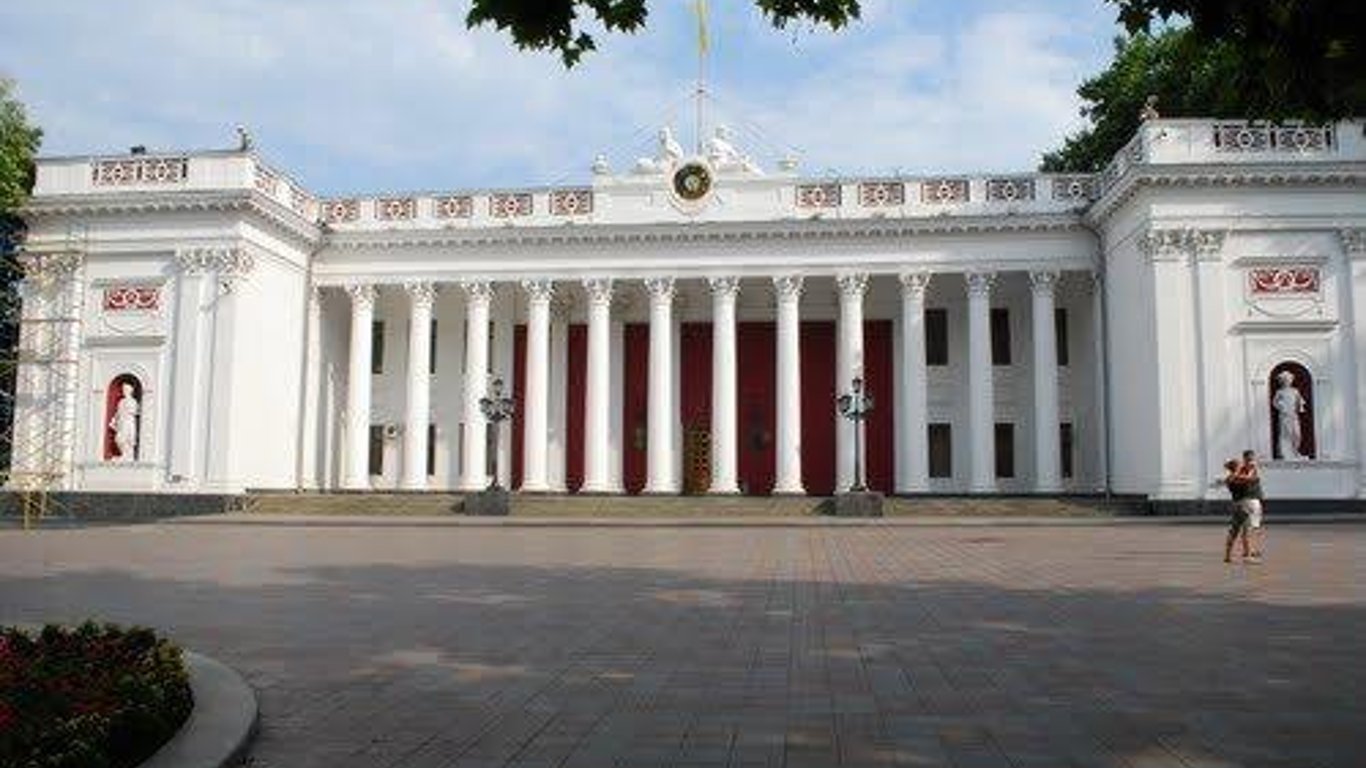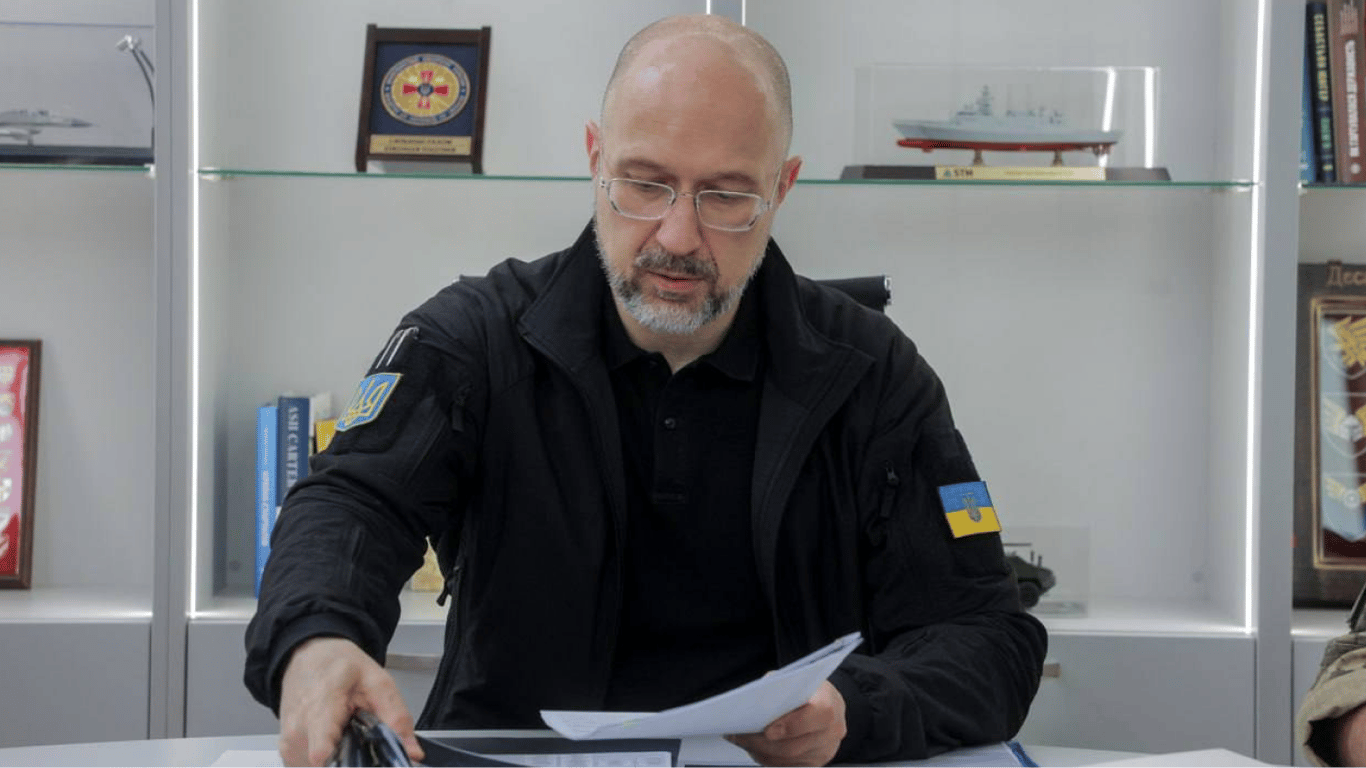Collaborators and Russians Attempt to Receive eRecovery Payments.


Citizens whose homes have been damaged as a result of Russia's armed aggression may be denied compensation, even if this has been confirmed by the relevant commission and it is recorded in the State Register of Property Rights. This applies to cases where the owner voluntarily collaborated with the occupiers or is a citizen of the Russian Federation.
This was reported by the Head of the Committee of the Verkhovna Rada on the Organization of State Power, Local Self-Government, Regional Development, and Urban Planning, leader of the 'Servant of the People' party, Olena Shulyak.
Collaborators and Russians Attempting to Obtain eRecovery Payments
Shulyak noted that such individuals have no chance of receiving payments. Even if their homes are completely destroyed, they cannot submit a compensation application.
'From the point of view of receiving compensation for housing — this question is not delicate at all. The answer is unequivocal: such people will receive nothing from the Ukrainian state. Neither within the framework of the eRecovery program, nor within the framework of other compensation mechanisms', the politician emphasized.
According to Shulyak, the law clearly prohibits payments under the eRecovery program to those who cooperated with the occupiers or acted against Ukraine. Such individuals cannot even submit applications.
In practice, as the MP explained, such cases have already occurred — for example, in the Kharkiv region, commissions rejected applications from people who moved to temporarily occupied territories but claimed compensation for housing in Ukraine.
'Commissions at local self-government bodies, especially in rural areas, clearly know where everyone is. And even when such applications were submitted, the commissions blocked them because they knew: the person is in the territory of the hostile state. Such applications simply went in the trash', the MP recounted.
Shulyak also emphasized that homeowners with Russian citizenship automatically lose the right to compensation, even if part of the property belongs to a Ukrainian.
'Regardless of who actually used the home, or who holds a share — if the co-owner is a citizen of Russia, compensation will not be provided. This is a principled position', the MP stressed.
Compensation for Citizens of Ukraine for Damaged Housing
Compensation is provided only to Ukrainian citizens who are officially the owners of damaged or destroyed housing, have no convictions for treason or collaboration, have not cooperated with the occupiers, and their property is registered in the State Register of Property Rights.
Moreover, the applicant's criminal record is checked, which may slow down the process somewhat; however, it is important to prevent fraud.
In addition, the MP explained that citizens can be denied for other reasons. In particular, due to:
- providing false information about the extent of damage to the home;
- absence of property in the State Register of Property Rights;
- in cases where it concerns common areas, such as common spaces in apartment buildings.
According to Shulyak, another quite common reason for refusal is when the applicant himself declines the compensation while waiting for the launch of the next stages of the program. For example, if the destroyed housing is located in temporarily occupied territories.
'The government still has not expanded eRecovery for housing located in temporary occupied territories. For this, it was necessary to adopt a corresponding decision in the form of a specific resolution. The request to launch this stage of the program is colossal, but despite our numerous recommendations, the government is delaying. However, I hope that this may happen soon, as a recent agreement was signed with the Council of Europe Development Bank for the allocation of 80 million euros for launching compensation mechanisms for people in temporarily occupied territories', Shulyak noted.
In Ukraine, citizens whose homes have been damaged as a result of Russia's armed aggression may be denied compensation if they voluntarily collaborated with the occupiers or are citizens of Russia. This also applies to cases where damage is confirmed and recorded in official documents. Even if the housing was destroyed or nearly completely obliterated, such citizens cannot receive any compensation from the Ukrainian state.
Read also
- The court seized 1.5 billion UAH of assets from the former MP of the 'Party of Regions'
- Zelensky Listened to the Report of the New Minister of Defense
- Some streets in Odessa will change their names — which ones
- Zelensky talked with the Prime Minister of Norway - what they agreed upon
- Shmyhal held the first meeting as Minister of Defense
- Blogger explains the importance of Budanov's participation in military operations









